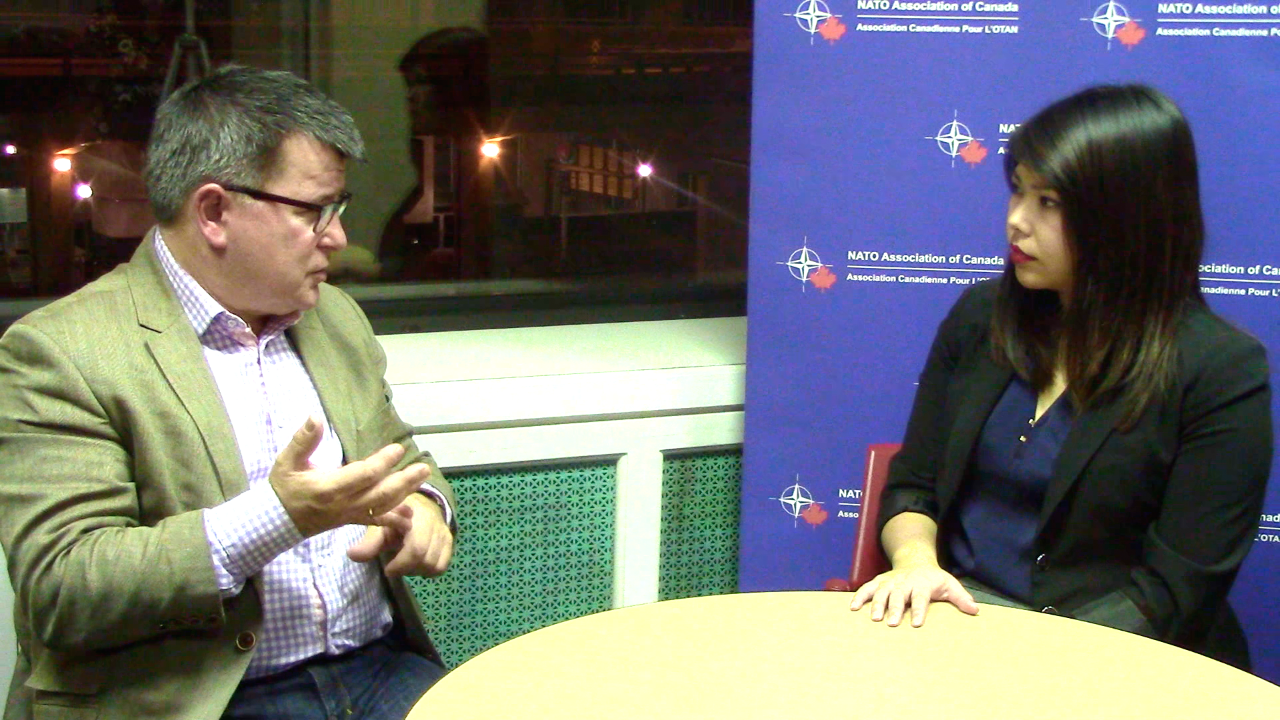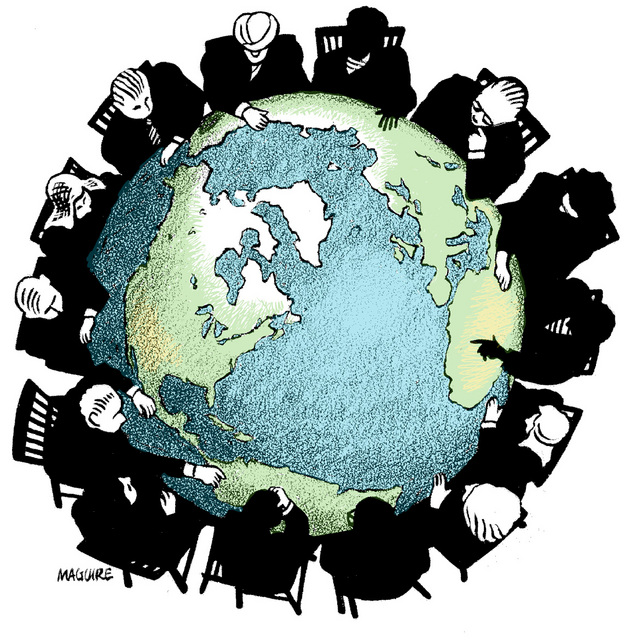By: Pavle Levkovic
The political climate in Kosovo is heating up as 2012 gets under way. The latest round of protests that took place over Orthodox Christmas (6-7 January) are signs that the status of the breakaway nation is far from being resolved. The move by ethnic Albanians to disrupt Serbian President Boris Tadic’s motorcade as it visited monasteries in the north underscores a trend — one where restricting freedom of movement is an important weapon in the arsenal with which the dissenting camps are ready to do political battle.
The visit comes at a time when Belgrade is attempting to harmonize relations with its European neighbours in the face of economic difficulties and an upcoming election in 2012. The situation is creating a stir across the spectrum as well, since the question of independence directly impacts NATO and the EU, both of which have ongoing missions in the form of Kosovo Force (KFOR) and the European Union Rule of Law Mission in Kosovo (EULEX).
The Christmas fracas is the latest in a series of disturbances set in motion by the Albanian-dominated government in Kosovo as it has tried to enforce its authority in the north. In July 2011, a move by the Kosovo Police Service (KPS) to take control of checkpoints on its border with Serbia resulted in a backlash by the Serb minority in the region. Fearing their ties with Belgrade would be further severed, the demonstrators clashed with KFOR troops who were called in to dismantle improvised roadblocks and restore freedom of movement. The unwilling protesters made clear that they refused to submit to the authority of the Kosovo government and instead would continue to rely on Serb-run parallel structures.
More recently, the ill-will between all parties escalated after four ethnic Serb municipalities threatened to hold a referendum on Kosovo’s sovereignty at the start of 2012, with the clear intent of rejecting it. As a political gesture it sends the message that these communities feel marginalized and expect Serbia to be doing more to support their cause. The latter is under pressure, however, as it wants to resolve the sovereignty question in advance of its own candidacy for the EU. Failure to do so after the events of last year resulted in the rejection of candidate status for membership on 9 December, and was a blow to the ruling Democratic Party, the largest member of the strongly pro-EU For a European Serbia coalition. As leader, President Tadic has advocated for accelerated accession talks; however, his position is complicated by the fact that his government continues to view the Kosovo independence declaration as unilateral and a breach of international law, a position not shared by the majority of European nations.

On 19 December, German Chancellor Angela Merkel hinted that a way back to the negotiating table was possible if certain concessions were made, including freedom of movement and the dismantling of parallel Serb-controlled institutions. The call has been echoed by other concerned parties. Speaking for NATO, Secretary General Anders Fogh Rasmussen said that freedom of movement was “non-negotiable” for individuals as well as KFOR. So far, Belgrade has been non-committal about these specific demands. But it has made overtures of goodwill in negotiating with the Kosovo Albanian government in Pristina on some mutual issues, such as university standards and driver licencing. It also appears to be clamping down on potential troublemakers in the region, having arrested one of the alleged Serb ringleaders of the clash with KFOR troops last year.
Despite this, it remains to be seen what lasting positive outcome, if any, will materialize in the near future. The Serbian minority in Kosovo appears to be frustrated with the political decisions being made above their heads and is growing more vocal. Meanwhile, Kosovo remains an important NATO mission. Secretary General Rasmussen has made it clear that NATO plans to stay in Kosovo “as long as it takes.” He also hinted that the mission would be one of the topics for the upcoming 2012 Summit in Chicago, scheduled to take place on 20-21 May.
Further Reading: Politically sustainable solution through dialogue; Merkel wants no parallel structures in Kosovo; Kosovo Serbs call referendum on recognizing Pristina; Serbia arrests alleged ringleader of Kosovo violence



